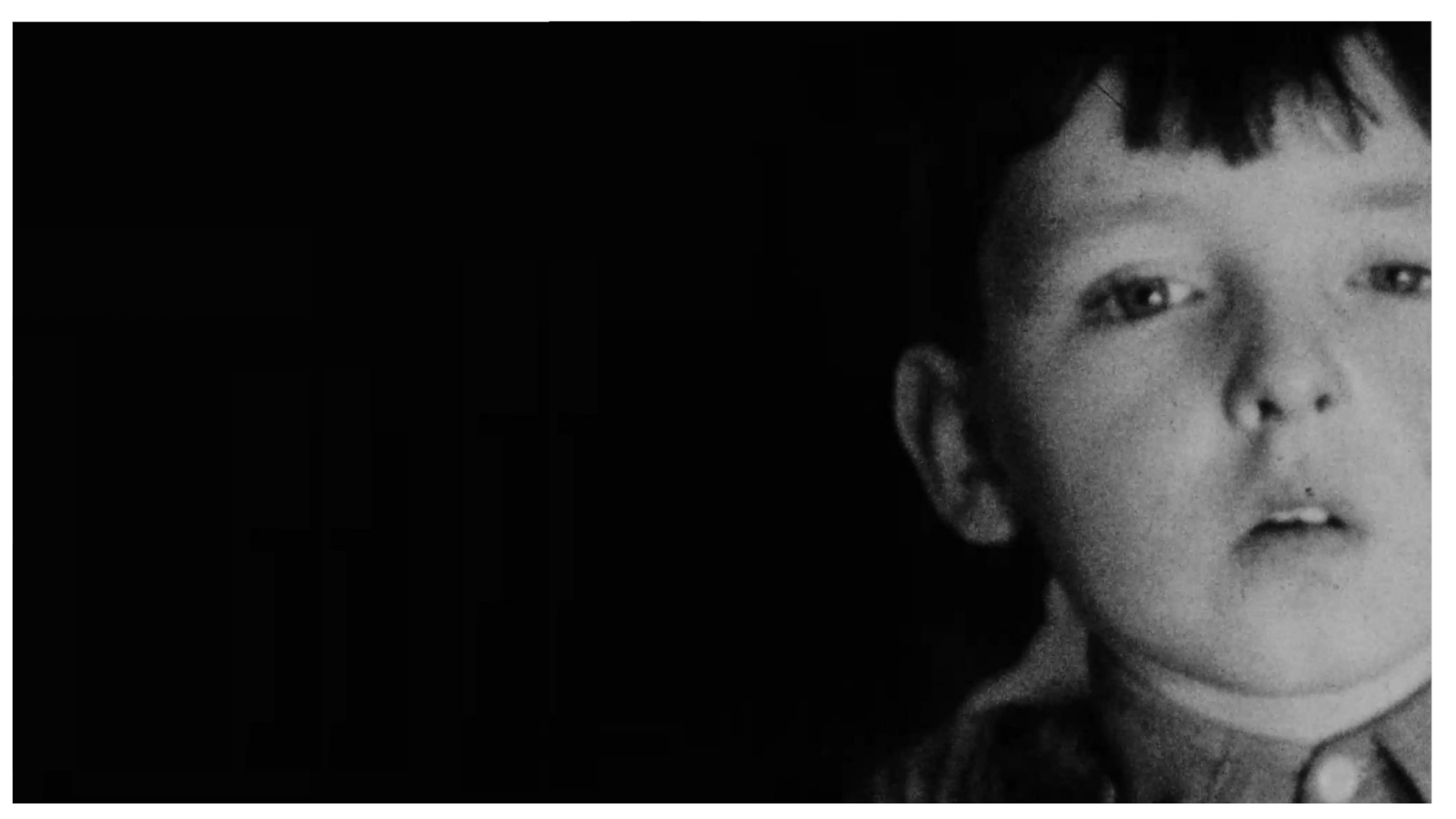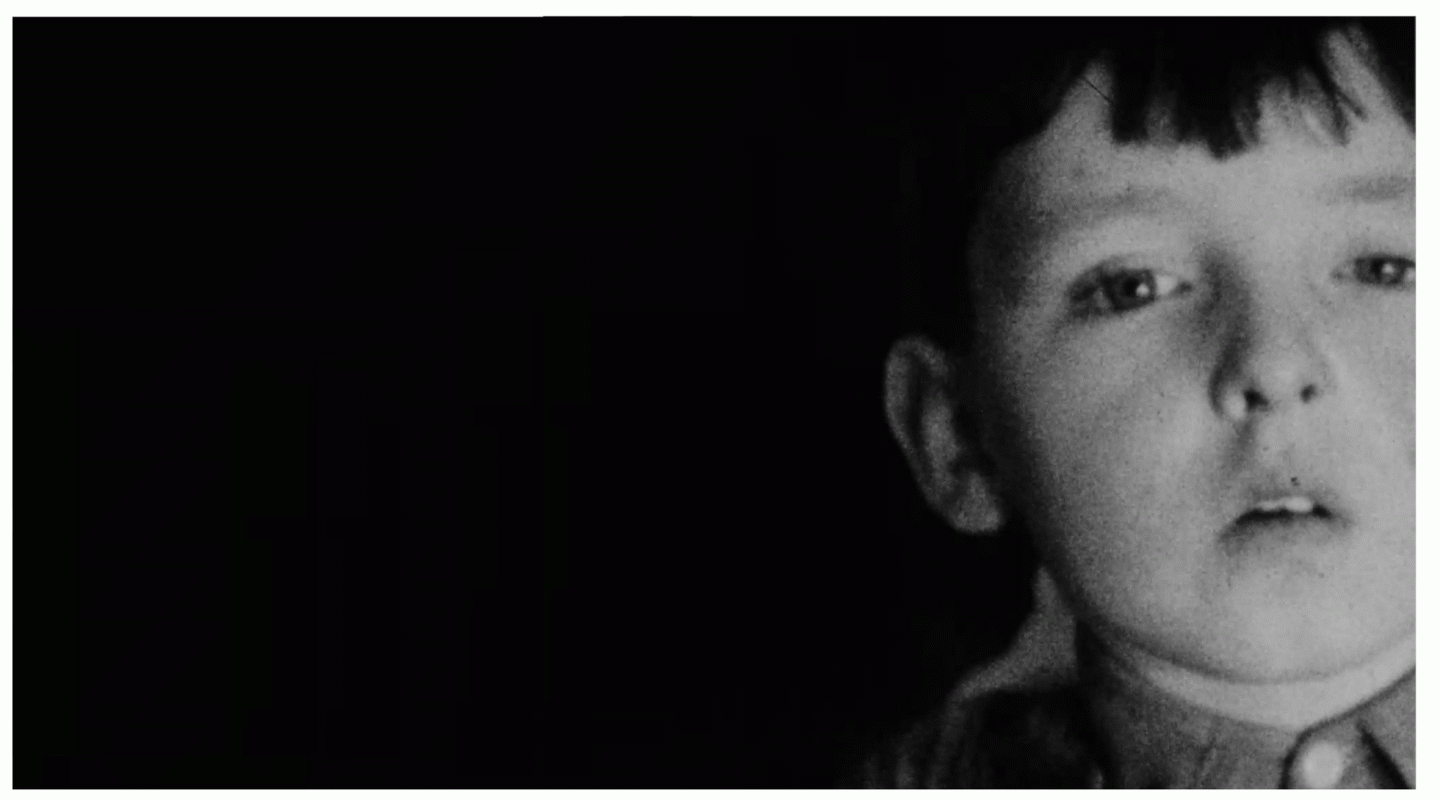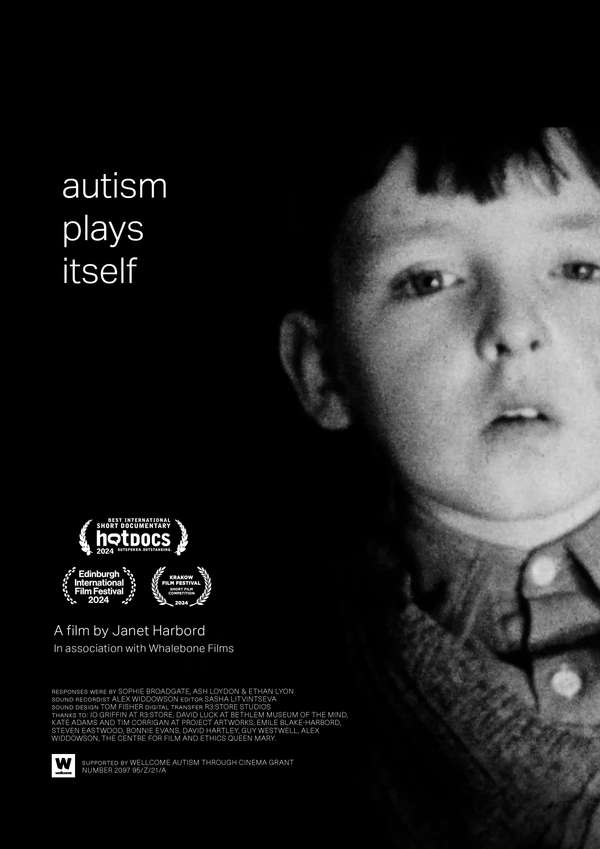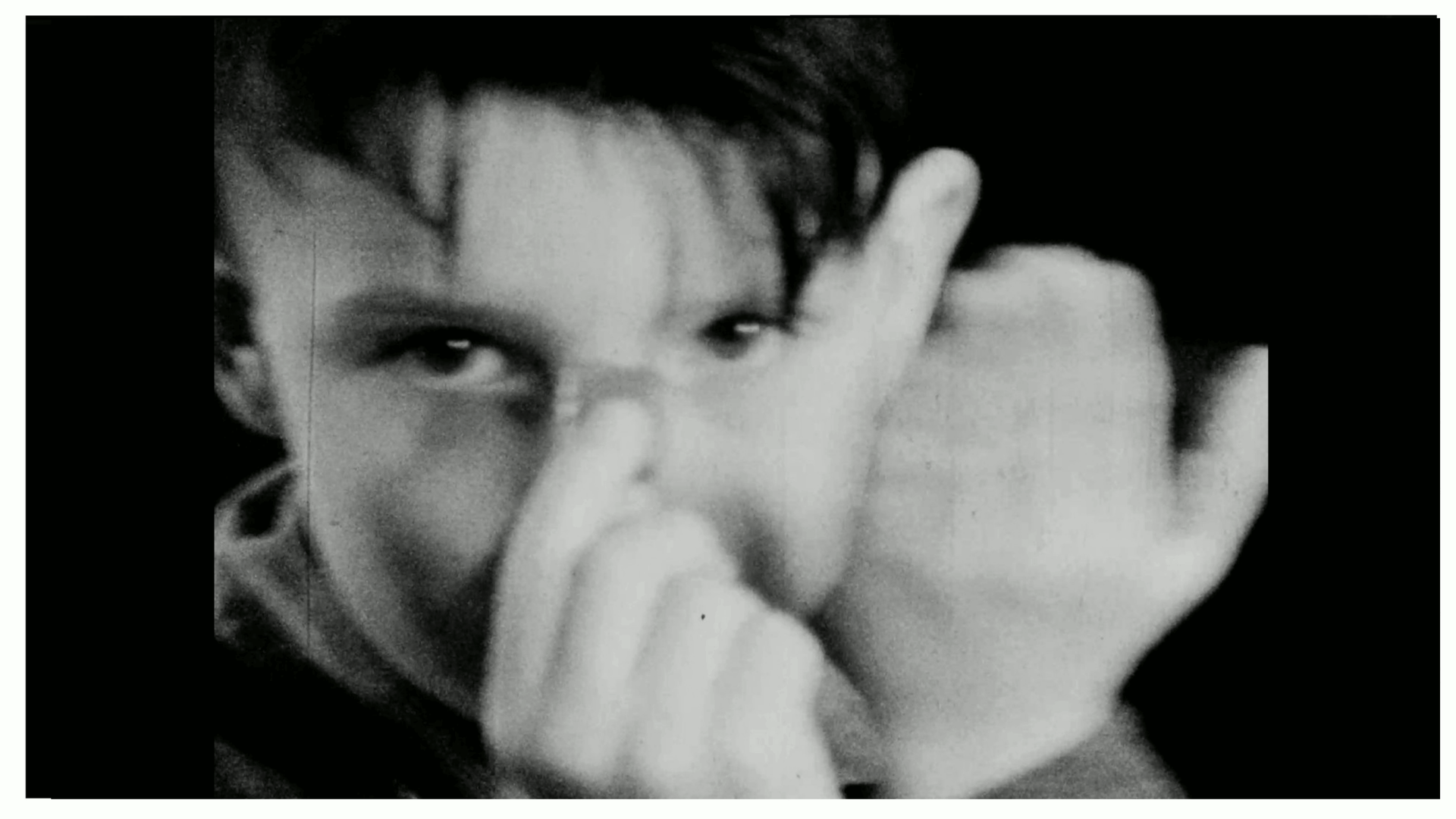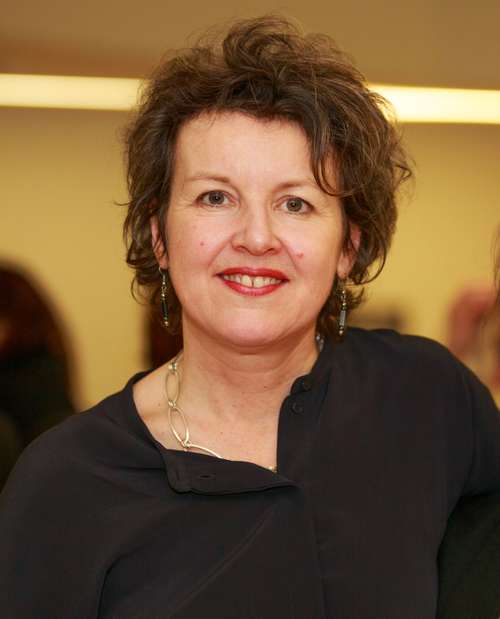In the research for this video essay, Professor Janet Harbord asks how films made in clinical settings have contributed to how autism has been medically imagined and defined across the past seventy years. With many of these films locked behind restricted access in archives, their historical significance is often overlooked. Others have found a presence online on medical film channels but here the viewers are invited to survey the strange and freakish world of clinical filming in the past. Here, Harbord takes one such clinical film and works in collaboration with autistic respondents to reframe the footage from an autistic perspective.
The original film was created by child psychiatrist Elwyn James Anthony in the children’s unit at Maudsley Hospital in 1957. Anthony uses the footage as a method to help define diagnostic categories through his observations of the behaviour of the children. The film is not only about autism but other ‘conditions’ that were, at the time, grouped under the heading of ‘psychosis’. In the original film, intertitle cards are used to attempt explanations of the behaviour, but these were removed for the creation of Autism Plays Itself.
The task of interpreting the behaviour of these children now fell to the autistic respondents, who brought their own experiences to bear on the footage. For the three respondents Ash Loydon, Sophie Broadgate, and Ethan Lyon, the movements and gestures of the children are reconsidered and become expressions of pleasure and discomfort, as well as necessary self-stimulations and divergent communications.

